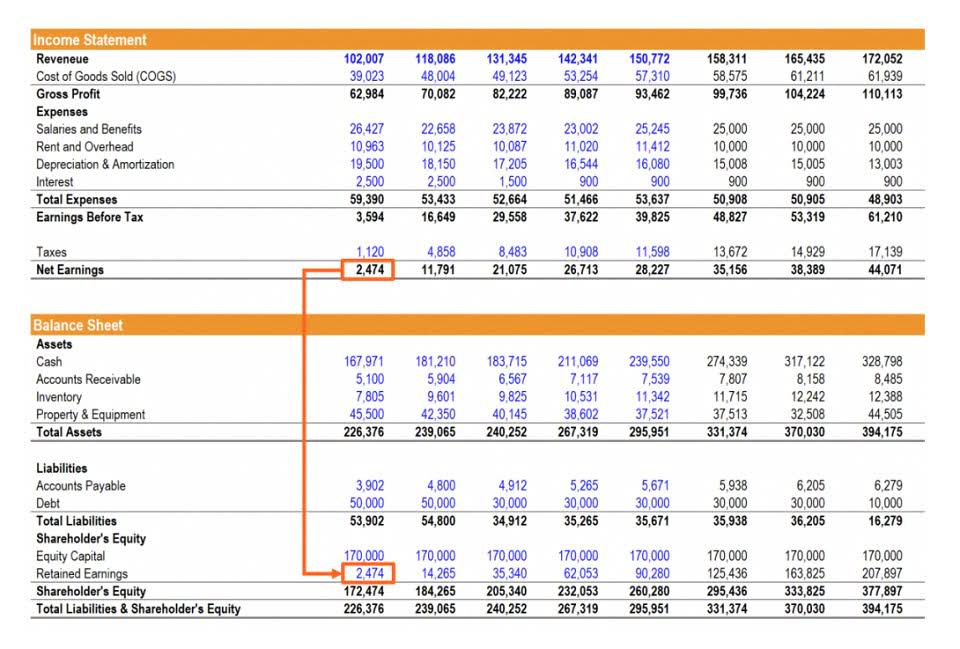
These accounts normally have credit balances that are increased with a credit entry. Your checking account is probably where you keep most of the money you use for regular spending. You can typically access checking account funds with a debit card, check, ATM or digital payment app, and there aren’t limits on the number of transactions you can make per month. Checking accounts can be used to receive paychecks, pay bills, make transfers and deposits and more. Experts typically recommend keeping three to six months’ worth of living expenses stashed away for emergencies in a high-interest savings account. But how much money you keep on hand for everyday expenses is a different story.
Debit vs. Credit: An Accounting Reference Guide (+Examples) – The Motley Fool
Debit vs. Credit: An Accounting Reference Guide (+Examples).
Posted: Wed, 18 May 2022 16:53:51 GMT [source]
When an account has a balance that is opposite the expected normal balance of that account, the account is said to have an abnormal balance. For example, if an asset account which is expected to have a debit balance, shows a credit balance, then this is considered to be an abnormal balance. These are typically offered by other financial institutions, like brokerage firms, and can be used in tandem with an investment account.
Revenues and Gains Are Usually Credited
Checking accounts are ideal for day-to-day transactions and transfers, but because they often earn little to no interest, they’re not the best place to store all of your extra cash. How much money you should keep in your checking account depends on your financial goals and normal balance of accounts circumstances. By having many revenue accounts and a huge number of expense accounts, a company will be able to report detailed information on revenues and expenses throughout the year. Pay attention to any minimum balance requirements enforced for your account as well.
Temporary accounts (or nominal accounts) include all of the revenue accounts, expense accounts, the owner’s drawing account, and the income summary account. Generally speaking, the balances in temporary accounts increase throughout the accounting year. At the end of the accounting year the balances will be transferred to the owner’s capital account or to a corporation’s retained earnings account. So for example there are contra expense accounts such as purchase returns, contra revenue accounts such as sales returns and contra asset accounts such as accumulated depreciation.
Risks of Keeping Too Much Money in Your Checking Account
A normal balance is the expectation that a particular type of account will have either a debit or a credit balance based on its classification within the chart of accounts. It is possible for an account expected to have a normal balance as a debit to actually have a credit balance, and vice versa, but these situations should be in the minority. Since expenses are usually increasing, think “debit” when expenses are incurred.
- These accounts are contained within the liability and equity sections of the balance sheet, and the revenue section of the income statement.
- A debit balance is the remaining principal amount of debt owed to a lender by the borrower.
- Checking accounts are ideal for day-to-day transactions and transfers, but because they often earn little to no interest, they’re not the best place to store all of your extra cash.
- That said, according to the most recent Survey of Consumer Finances conducted by the Federal Reserve Board, the average household had $62,500 in transaction accounts in 2022, an increase of 29% from 2019.
Some checking accounts charge a monthly maintenance fee if your balance dips below a certain minimum, such as $50 or $500, and use your average daily balance to determine if you meet requirements. On the other hand, the best free checking accounts have no such balance minimums to worry about. Although each account has a normal balance in practice it is possible for any account to have either a debit or a credit balance depending on the bookkeeping entries made. You also want to be mindful of recurring transactions scheduled to come out of your checking account.
Bookkeeping
Americans with higher incomes tend to keep more money in their checking accounts than those earning a lower income. There could be a number of different reasons behind this, but high-net-worth individuals likely have higher living expenses. As a rule of thumb, you should aim to keep one or two months’ worth of living expenses in your checking account. This amount will be enough for many people to cover recurring bills and smaller purchases before their next paycheck while leaving some extra cushioning to avoid overdrafting with unplanned withdrawals.
- It is possible for an account expected to have a normal balance as a debit to actually have a credit balance, and vice versa, but these situations should be in the minority.
- Overdraft fees can be substantial, so account holders need to be aware of their remaining account balances before issuing checks.
- For example, if an asset account which is expected to have a debit balance, shows a credit balance, then this is considered to be an abnormal balance.
- We now offer 10 Certificates of Achievement for Introductory Accounting and Bookkeeping.
Revenues, liabilities, and stockholders’ equity accounts normally have credit balances. A contra account contains a normal balance that is the reverse of the normal balance for that class of account. The contra accounts noted in the preceding table are usually set up as reserve accounts against declines in the usual balance in the accounts with which they are paired. For example, a contra asset account such as the allowance for doubtful accounts contains a credit balance that is intended as a reserve against accounts receivable that will not be paid.
Lascia un Commento
Vuoi partecipare alla discussione?Sentitevi liberi di contribuire!